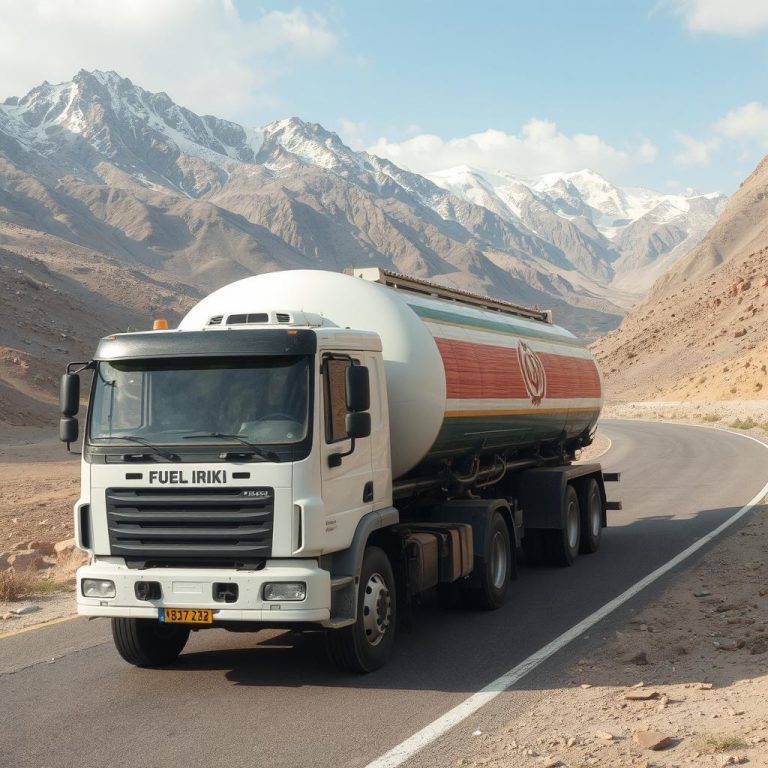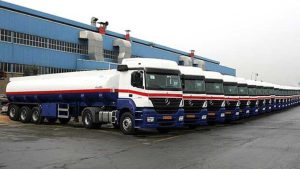Transporting flammable liquid fuels such as gasoline, diesel, and kerosene by road using tanker trailers is a vital process in the national energy supply chain. Adherence to safety protocols not only prevents irreparable accidents but also ensures the protection of human lives, environmental resources, and valuable assets. This article discusses the critical role of safety, the major challenges, and practical solutions for enhancing road fuel transportation safety via tanker trailers.
Although road fuel transportation by tanker trailers is efficient, cost-effective, and accessible, it involves high risks. Any leakage, explosion, or accident can lead to irreversible consequences for communities, the environment, and the economy. Therefore, applying safety standards, educating personnel, and performing technical inspections are indispensable steps in this field.
Why Safety Matters in Fuel Transport
- Preventing Explosions and Fires
Fossil fuels are highly flammable. Even a small leakage can lead to a large-scale explosion in the presence of a spark or heat. Non-standard tankers, unsafe roads, and untrained drivers significantly increase this risk.
- Protecting Human Resources
The safety of drivers, road personnel, and nearby residents depends on strict compliance with safety measures. Essential equipment such as emergency shut-off valves, anti-overflow systems, and warning tools must be used.
- Environmental Protection
Leakage due to accidents or technical failures can contaminate soil, water resources, and vegetation. Environmental damages are often long-lasting and expensive to restore.
- Ensuring Supply Chain Continuity
Any disruption in the safe transportation of fuel results in shortages, price hikes, and public dissatisfaction. High safety levels help maintain energy supply chain stability.
Solutions to Enhance Transportation Safety
- Standardizing Fuel Tanker Fleets
Utilizing multilayer tankers with secure unloading systems and pressure-control mechanisms is critical for safe operations.
- Continuous Training of Drivers and Operators
Regular safety courses, emergency drills, and periodic assessments improve drivers’ awareness and preparedness in critical situations.
- Smart Monitoring of Fleet and Routes
Using GPS, temperature sensors, alert systems, and management dashboards enables real-time monitoring and rapid response in case of emergencies.
- Developing Clear Operational Guidelines
Standard procedures for loading, unloading, passing through residential zones, and emergency handling are essential.
- Coordination with Emergency and Law Enforcement Agencies
Continuous collaboration with fire departments, emergency services, and highway police ensures faster rescue operations and crisis management.
Conclusion
Safety in road fuel transportation by tanker trailers is a fundamental requirement in the energy and logistics sector. Investing in safety improvements not only prevents disasters but also enhances company reputation, environmental protection, and customer satisfaction. By institutionalizing a safety culture, training personnel, and upgrading technical infrastructure, a safer future for fuel transport in the country can be secured.
Keywords:
Fuel transport safety, tanker trailer, road transportation, flammable fuel, safety equipment, fuel leakage, driver training, safety standards, tanker explosion, environmental protection












